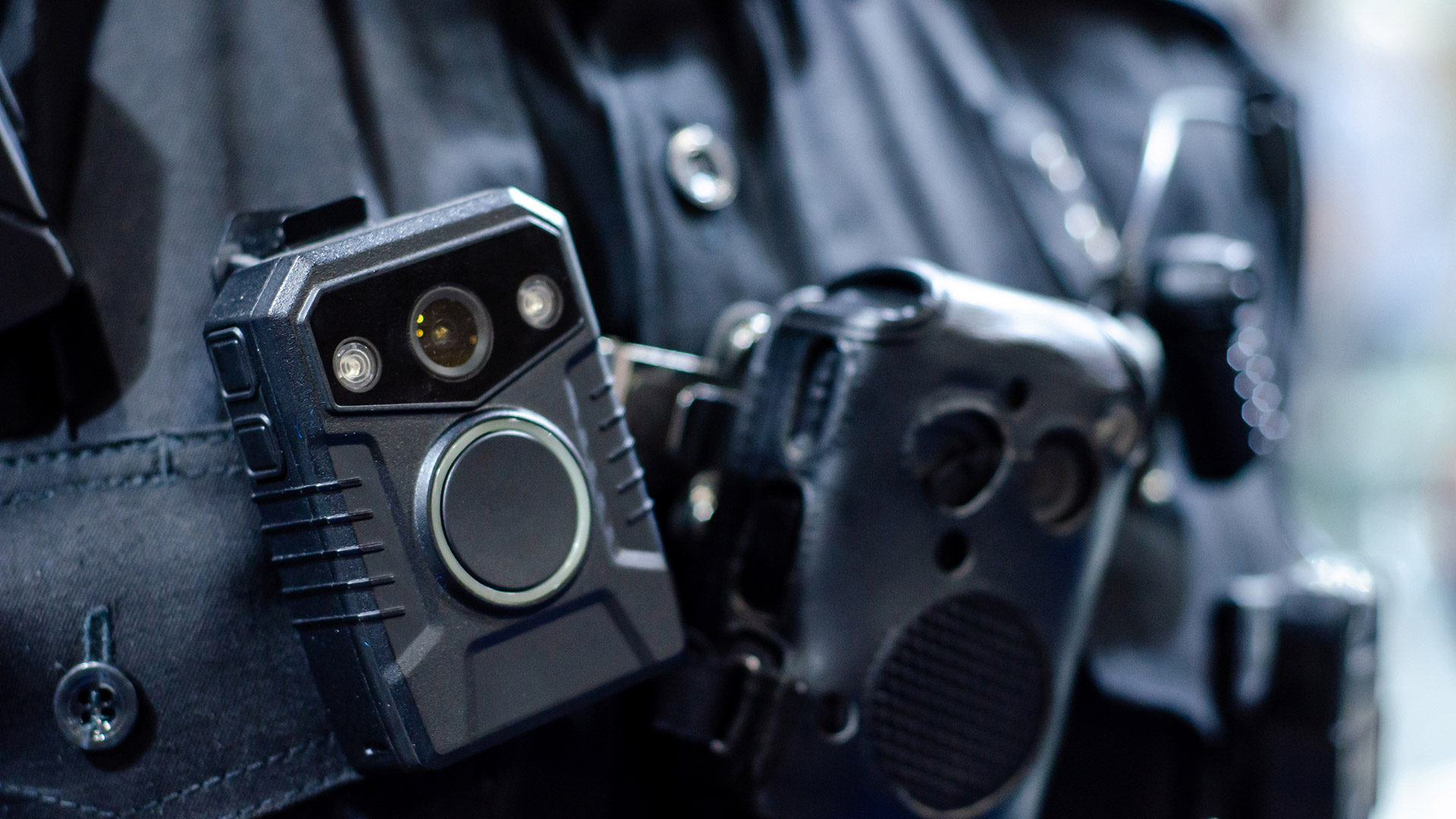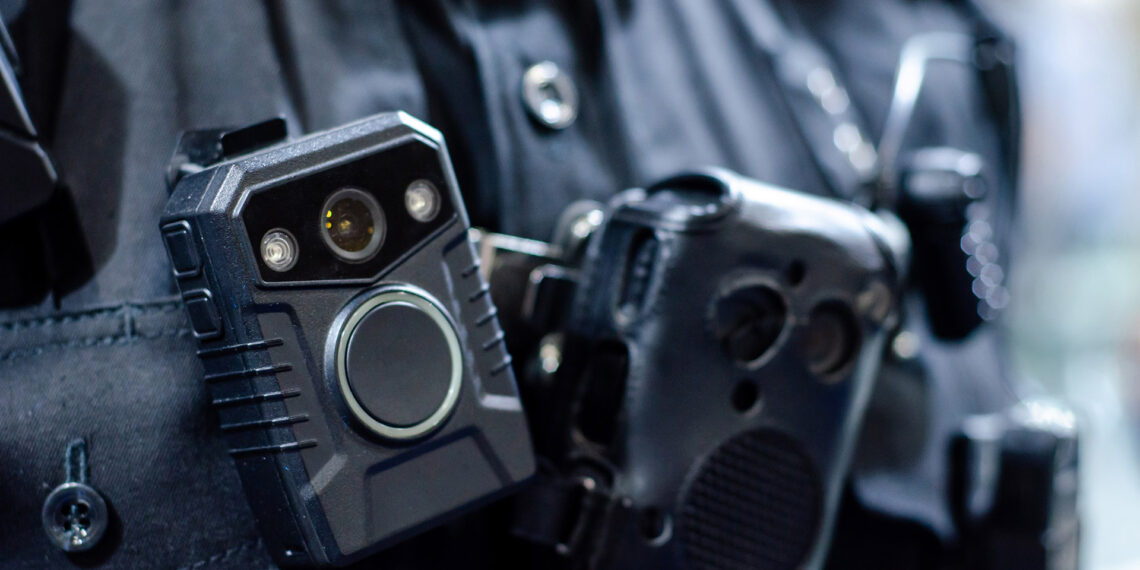[ad_1]

Alaska state troopers and other state public safety officers are preparing to wear body cameras as part of their standard equipment after the state released its finalized body-worn camera policy on May 1.
According to the Alaska Department of Public Safety (DPS), the policy has already begun to be rolled out, with 30 state troopers receiving the cameras as part of a pilot program to test the devices.
According to Department spokesman Austin McDaniel, the purpose of the initial rollout is to gather feedback from the officers regarding the policy, technology and logistical concerns. The feedback will ensure that all necessary measures are in place before issuing cameras to every officer in the state, including state troopers, wildlife troopers, court services officers, deputy fire marshals and village public safety officers.
The goal is to have all 600 troopers working for the DPS equipped by the end of the year with the technology, which McDaniel says is key to modern policing.
“Body cameras are going to enhance officer safety, and bolster our ability to collect information and evidence at crime scenes, at events, when interviews are occurring. I think these are going to be great tools to use in prosecutions. And then, of course, body cameras are going to help us enhance the public’s trust by providing really solid accurate representations of police officer and Alaskan interactions, with video and audio recordings,” he explained to the Alaska Beacon.
Currently, state troopers’ vehicles are equipped with dash cameras, but officers have yet to be equipped with the devices. The DPS purchased Motorola V300 cameras, which integrate directly with dash-cam devices.
The final nine-page policy, which remains largely unchanged from the draft version released in February, has one notable requirement: troopers are expected to keep their cameras on at all times when interacting with the public, unless specific circumstances dictate otherwise. Under the policy, members of the public can also access camera footage through records requests. Additionally, the department has the authority to release footage of critical incidents, such as trooper-involved shootings, even before investigations are completed.
McDaniel said the DPS will be able to engage more with the public by releasing body camera footage and hopes the public will comment on the new policy.
“We are going to be proactively releasing — whether it’s body camera, dash camera or audio — recordings of in-custody deaths, including officer-involved shootings, or other critical incidents once investigators are able to complete their primary interviews with all of the involved parties,” McDaniel said.
“We really would like the Alaskans that we serve to take a look at our draft policy and give us their candid feedback and help us improve it in a way that works for Alaskans all across the state,” he continued.
McDaniel is optimistic that the introduction of body cameras will complement existing police work, foster community trust, enhance investigations and ensure officer safety.
“We do believe these are going to enhance our investigations, keep our officers safe, help us with better prosecutions, increase transparency, and continue to bolster the public’s trust in the state troopers,” he told Alaska Public Media.
The total cost of implementing the body camera program is approximately $3.6 million from state funding, supplemented by an additional million dollars in federal grants.
Meanwhile, the Anchorage Police Department, the largest law enforcement agency in the state, has yet to establish a timeline for equipping its officers with body-worn cameras, more than two years after voter approval. While negotiations with the police officers’ union continue, the department’s chief recently announced plans to proceed with the implementation of body cameras.
[ad_2]




